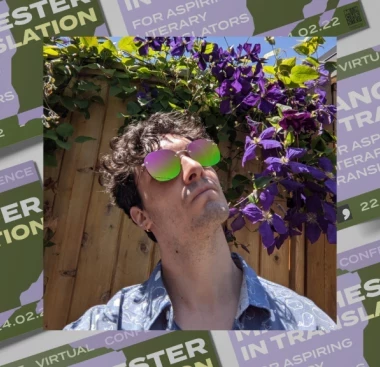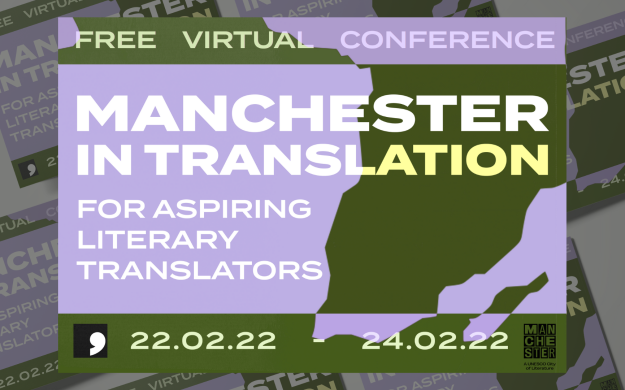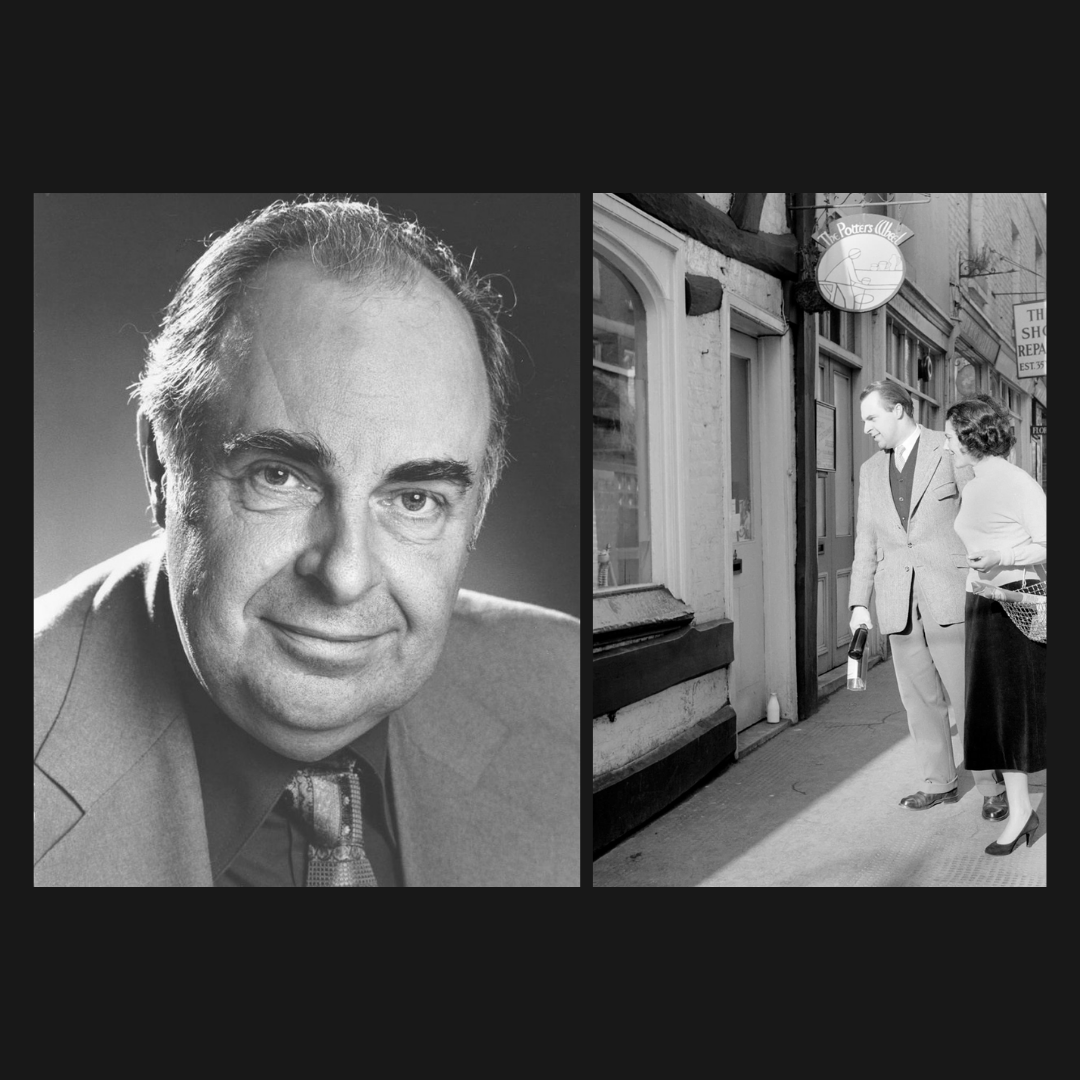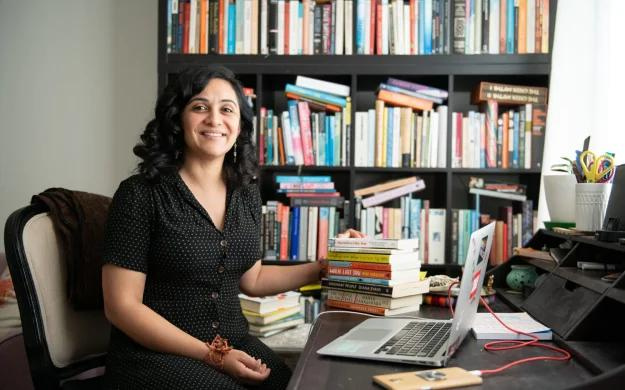Manchester in Translation: Q + A with Alex Valente
To celebrate our upcoming virtual conference Manchester in Translation 2022, we will be sitting down with participating translators to find out more about their work. In this blog post we talk to Alex Valente, who will be taking part in our first panel Fight Between the Lines: Translation as Literary Activism on the 23rd February.

Q: How did you become a translator, and what languages do you primarily work with and in?
I grew up speaking both Italian and English at home, while also studying French in school (along with Latin and eventually Old English). So I’ve always had multilingual environments offered and available to me – translation as practice, however, wasn’t a thing until I got into higher education, where my undergraduate dissertation led to an MA in Translation Studies and eventually a PhD, with all the contacts, networking, and cross-pollination that those entail. I primarily work in Italian to English and English to Italian, with some unpublished stints from French into either of the above, and started by doing book samples for various agencies and publishers.
Q: What are the different challenges – and possibilities – when it comes to translating non-fiction and fiction works, as well as other forms of writing?
I have been lucky enough in having two different experiences of non-fiction: one clearly technical and direct (How Contagion Works, by Paolo Giordano), one satirical and literary-adjacent (How to Be a Fascist: A Manual, by Michela Murgia). Because of this, the latter falls into the same realm of possibilities as any other literary text, even within the specific framework of references that the original was using – I actually talked about it in a piece for PEN Transmissions. The former, on the other hand, revolves around preciseness, transparency, and ease of access in terms of language being used, both literal and figurative. Voice is less of a concern, in that sense, because the message is paramount.
The reality, in this messed up world we have contributed to creating, is that books are products, publishing is an industry, and translators and authors are workers and labourers. This reluctance is unsurprising from the industry: if they don’t think of translation as labour, they don’t have to remunerate it or protect it.
Q: Do you feel that the work of translators is sufficiently acknowledged within publishing?
Translators are among the most loudly unacknowledged people in the publishing world; what I mean by this is that there will always be and has been someone advocating for better recognition of translators (#namethetranslator, #translatoronthecover, alongside actual union-based attempts to secure better working conditions), while an overwhelming lack or reluctance of being aware of our status as workers, along with editors, publishing assistants, covert artists, copy editors, beta readers. The reality, in this messed up world we have contributed to creating, is that books are products, publishing is an industry, and translators and authors are workers and labourers. This reluctance is unsurprising from the industry: if they don’t think of translation as labour, they don’t have to remunerate it or protect it.
What is disappointing is that it’s also everywhere within the translator community itself – especially when the focus of all writing about translation tends almost exclusively to be about the art of translation and the highbrow status of literary work – when these are two sides of the argument that should be going hand in hand, as recent developments from the Authors Guild (US) have codified, for example.
Q: In the introduction to their edited collection Feminist Translation Studies, Olga Castro and Emek Ergun discuss how translators can also be ‘power brokers’ in encounters due to their role in facilitating, constructing – and perhaps at times also inhibiting – dialogue and exchange. Is this something you have reflected upon in relation to your own translation practices?
I try to, even with the limited power I hold as only one of the various people contributing to the creation of the book in translation. I have made a public, conscious choice to reject and avoid all books that feature police as main characters, and I strive to mostly pitch non-male, under-represented (be it gender, ethnicity, genre, subject matter) writers to publishers – even if my published texts don’t yet reflect that entirely. I’d also like to think that I’d set myself aside for a different translator who fit the role better for a specific book, should the opportunity arise, in spite of my own career and development; I have been second-guessing myself whenever I try to pitch non-white Italian authors for that very same reason: am I the right person to bring their voice into the anglosphere? Especially when other, traditionally marginalised and racialised translators are active and working in the same field? The compromise, so far, is to spotlight the presence and existence of these texts and writers, using whatever platforms I have at my disposal (such as my upcoming monthly column on the European Literature Network), with translation per se coming at a later, eventual stage.
Q. In a recent interview you said that there is a ‘severe lack of current Italian voices (both in Italy and abroad) that describe experiences outside of the established canons of education systems and post-WWII neorealism’. Could you share with us translators or works outside of these and why you think their work is important?
This almost ties with my previous answer, actually. Among many new voices, even on the Italian scene, you will find new interpretations and ways of looking at and thinking about queer lives and identities (e.g. Jonathan Bazzi, Giovanna Cristina Vivinetto, Fumettibrutti), of childhood and children liberation (e.g. Espérance Hakuzwimana R.), media and perpetration/perception of otherness (e.g. Nadeesha Uyangoda, Oiza Queensday Obasuyi), revisitations of history (e.g Igiaba Scego), class and contemporaneity (e.g Lala Hu, Djarah Kan), of the arts world in general (e.g. Gabriella Kuruvilla, Ubah Cristina Ali Farah) – just to name a few. And there are plenty of translators already working with these authors, especially finding publication space after the industry was forced to notice its overwhelming whiteness, on editorial teams and boards, in the marketing of new authors, in the selection of what stories to tell; again, working out of Italian, I include the likes of Candice Whitney, Aaron Robertson, Barbara Ofosu-Somuah (all three actually collaborated on a special issue of Words Without Borders on Afro-Italian women writers), and André Naffis-Sahely. Though I am sure many more are being eclipsed by our blinding whiteness.
I wouldn’t call myself a writer as such, especially not of late, though I will argue that translators are writers in their own right.
Q. How has your own practice as a writer influenced your approach to literary translation?
I wouldn’t call myself a writer as such, especially not of late, though I will argue that translators are writers in their own right. As such, the two biggest spheres affecting my personal approach are A) what I mention above about labour and creative work as work, and B) reading, lots of it, as much as possible. Using public libraries and borrowing from friends, and magazines online, in all genres and all styles, especially those I do not tend to work with.
The developments in speculative fiction, coming from incredibly self-critical authors such as Rivers Solomon, authors from entirely different spheres of work, such as R F Kuang or Arkady Martine, fanfic writers who ‘went pro’, the likes of …well, most authors today, really, but let’s mention Tamsyn Muir, are truly exciting and refreshingly eye-opening about new ways of using story in a book, of using language in a text. Read around what you write, look at how language is working and being made to work when you write a new text, including one in translation. Then join that conversation, but only after you’ve listened carefully and closely to what is actually being said.
Q. And finally, what are you reading at the moment?
As of writing this, I’m between two books, while writing about a third and trying to translate two more. I didn’t think I’d ever be a multi-reader, but the nature of the job does force me towards it – especially as my reading tastes are so different from what I usually end up translating for work! Specifically, I’m half-way through A Broken Darkness, by Premee Mohamed, and eyeing up Le Scrittrici della Notte, edited by Loredana Lipperini (both horror-adjacent).
HEAR MORE from Alex, along with Katharine Halls and Alireza Abiz, at our panel Fight Between the Lines: Translation as Literary Activism on 23rd February, live on YouTube, from 11-12pm as part of Manchester in Translation 2022.
Alex Valente (he/him) is a white European currently living on xʷməθkʷəy̓əm, Sḵwx̱wú7mesh, and səlilwətaɬ land. He is a literary translator from Italian into English, though he also dabbles with French and RPGs, and is co-editor of The Norwich Radical. His work has been published in NYT Magazine, The Massachusetts Review, The Short Story Project, and PEN Transmissions.



